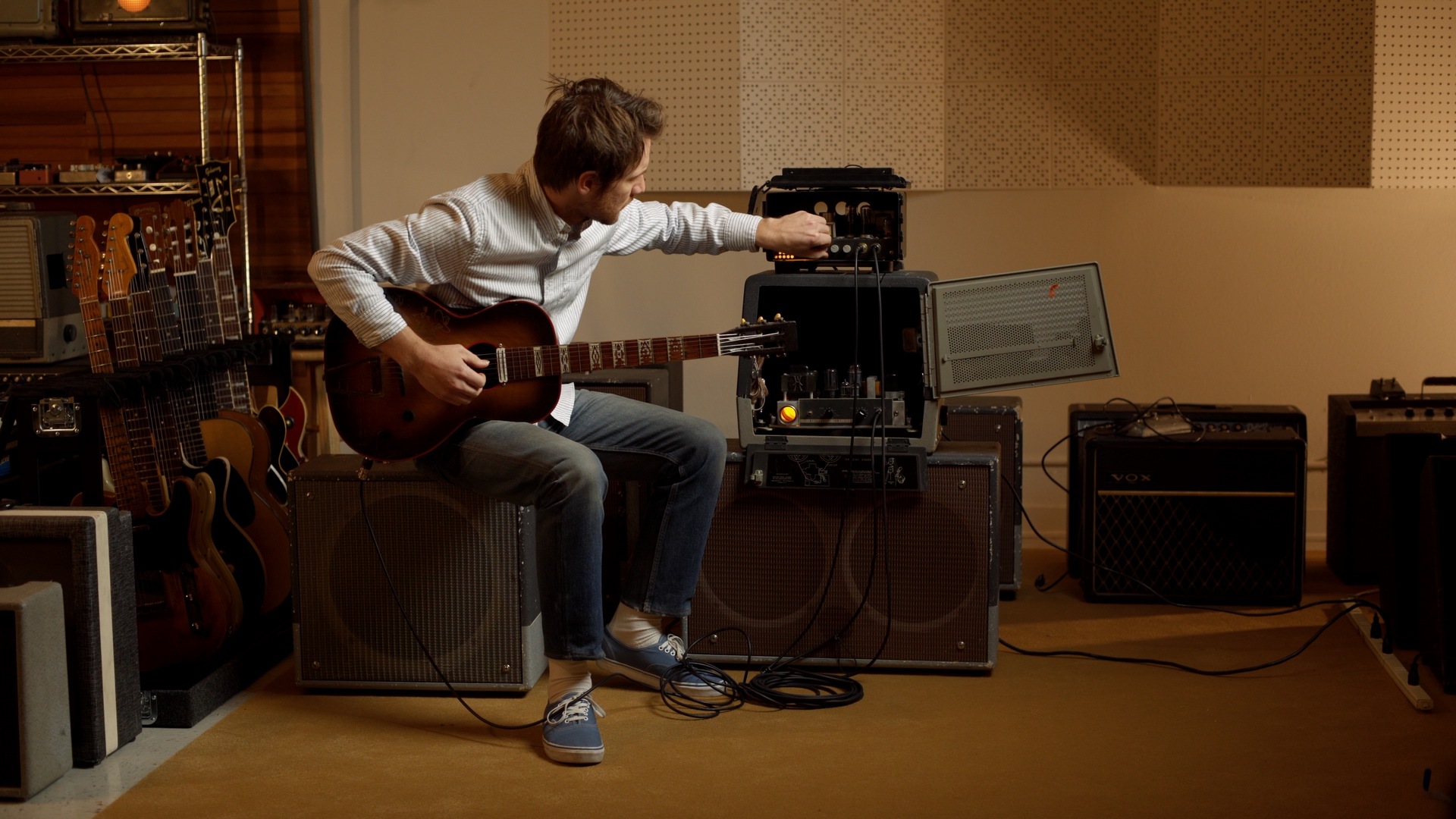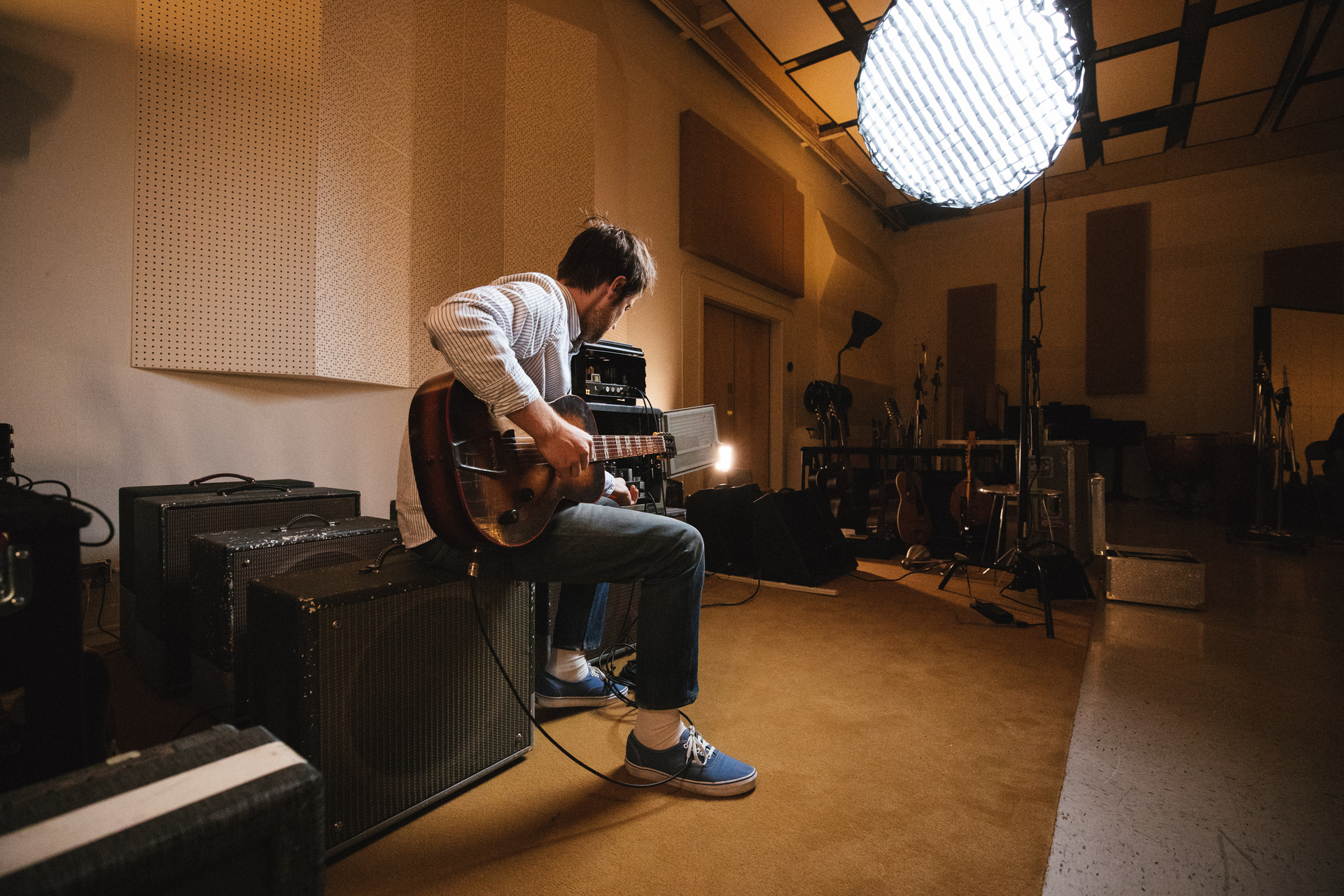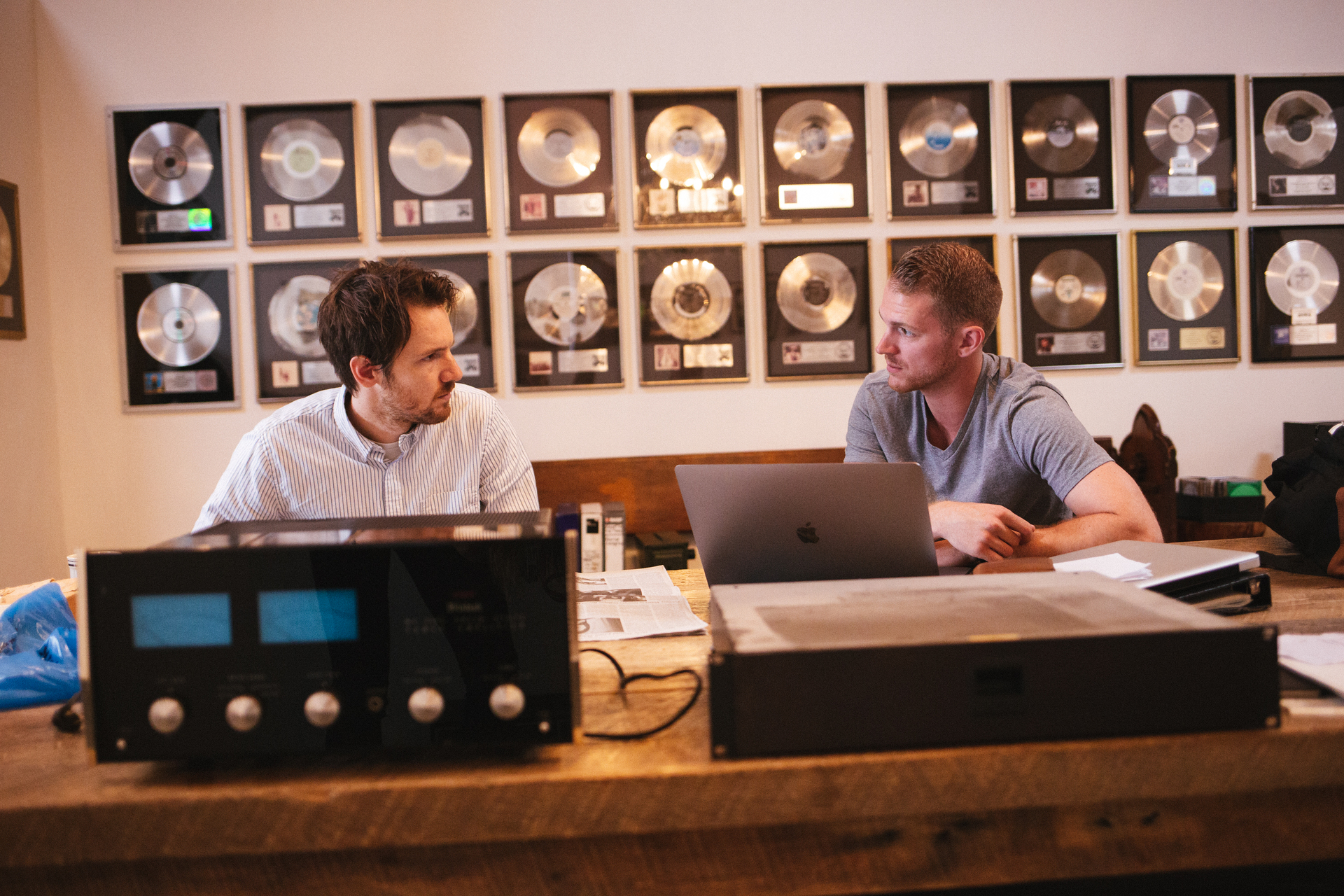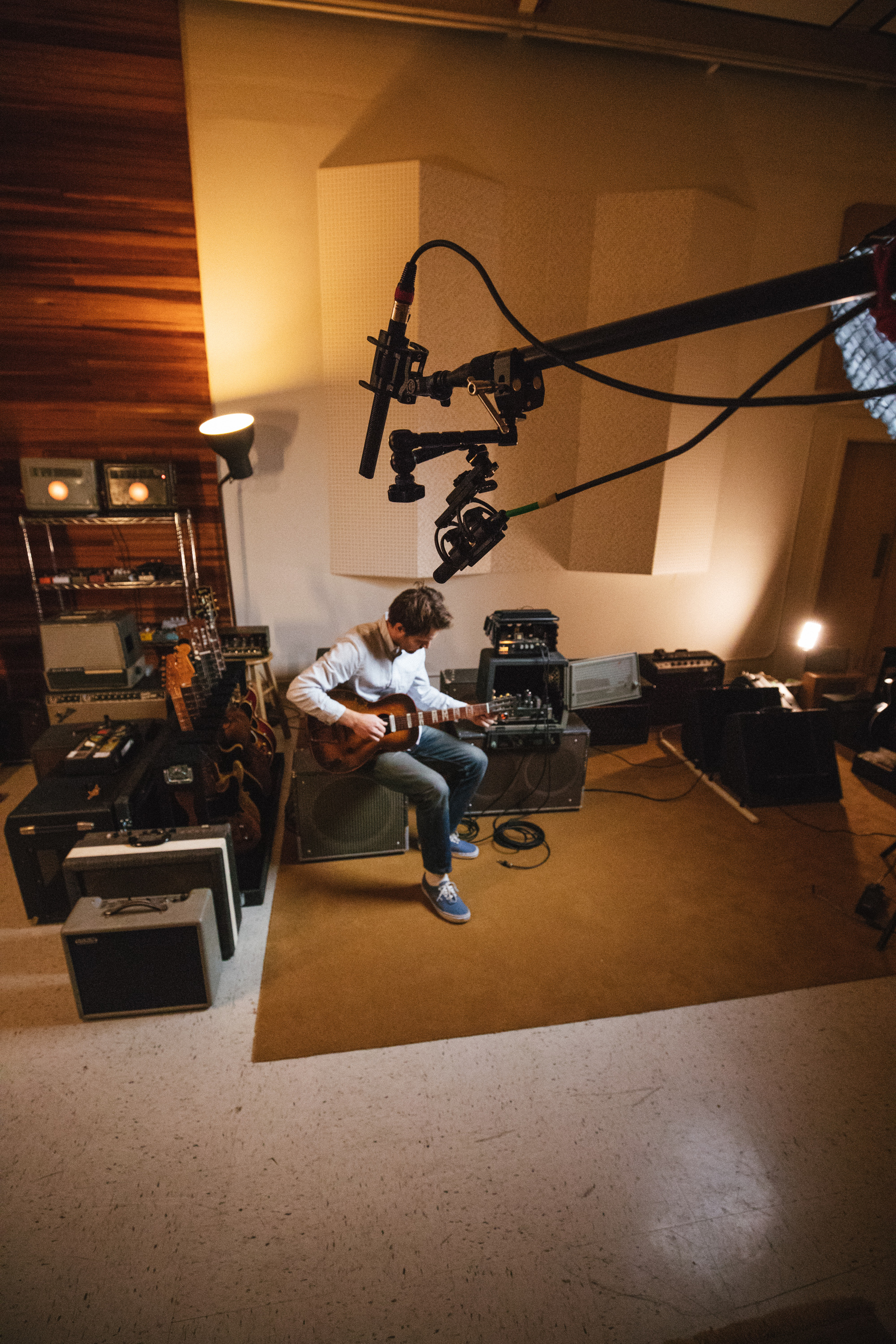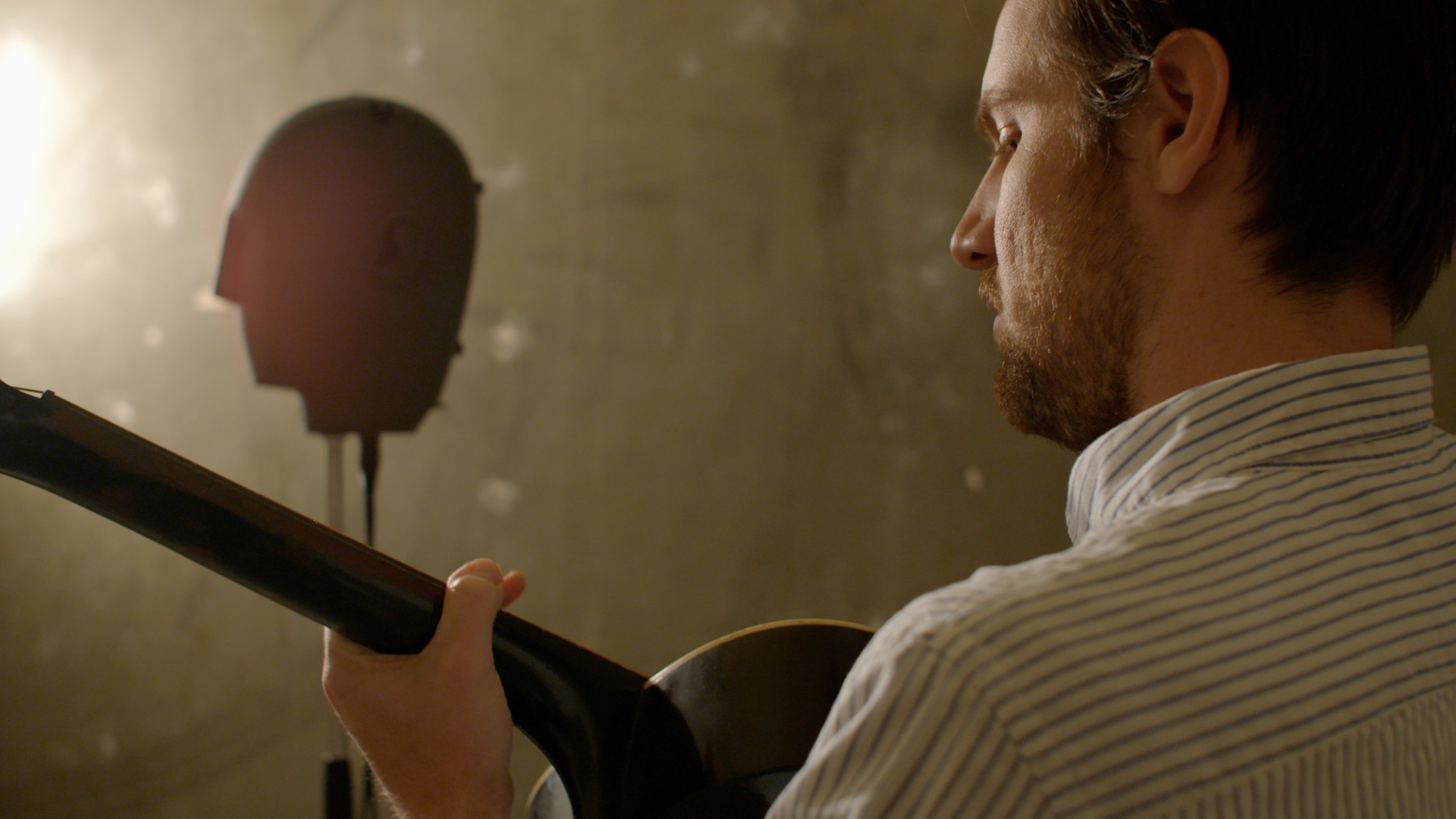After leaving Simon Dawes, Mills began working for Berg and other producers, like Rick Rubin, which led to his involvement with some very famous artists. “We did a session here for a Kid Rock record, which was a huge surprise,” he adds. “Rick took a look at my [guitar] pedal board and said ‘so, you won't need that’ … it just wasn't what he was looking for, and that has stuck in my head. Before even a note was played, he just sort of was like ‘yeah, that's not the vibe.’ It was a gentle approach of guiding a musician towards a desired end result without telling them what to play.”
Luckily for Mills, these early musical experiences have shaped the type of producer he is today. “Every single recording that I've that I've worked on has continued to be an extension of the learning process, from the first one,” he explains. “A lot of the things that work for you on a record, [if] you try to re-create or implement on a future project, it doesn't [usually] happen in the same way. The circumstances change every time. So, the role of the producer in turn changes every time somebody makes a record.”
